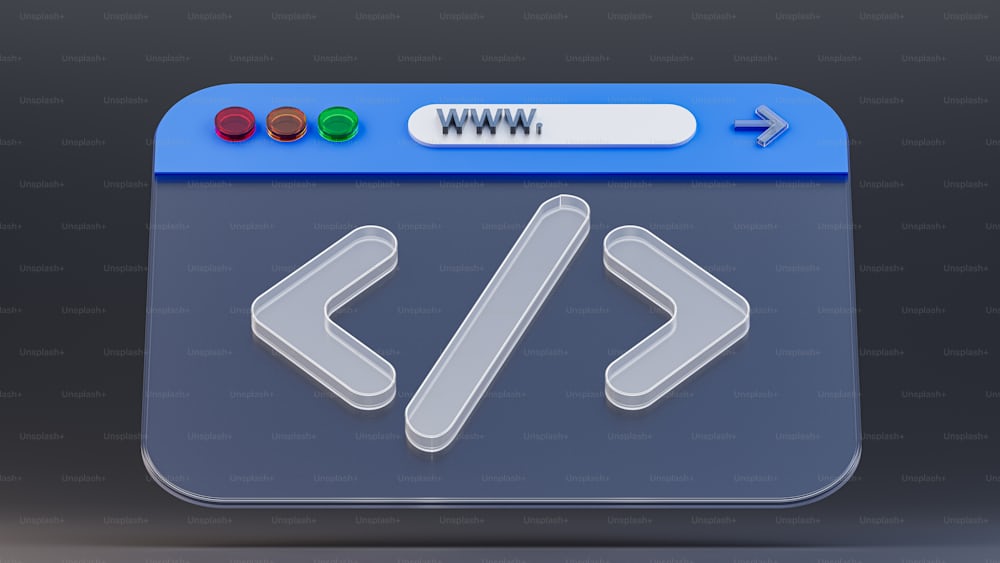Table of Contents

1. Introduction
HTML (Hypertext Markup Language) is the standard language for creating web pages. It structures the content and is fundamental for web development, enabling the display of text, images, and links...
2. Basic Structure of an HTML Document
An HTML document begins with a declaration followed by the <html> tag, containing <head> and <body> sections. The head contains metadata, while the body holds the content displayed on the webpage...
3. Common HTML Elements
HTML consists of various elements such as headings (<h1> - <h6>), paragraphs (<p>), links (<a>), and images (<img>). These elements can be nested and combined to create complex layouts...
4. HTML Best Practices
To ensure accessibility and SEO, use semantic HTML tags, validate your code, and maintain a clear hierarchy with headings. Commenting your code can also improve maintainability...
5. Conclusion
HTML is the backbone of web development. By understanding its structure and best practices, developers can create well-structured and accessible web pages that enhance user experience...